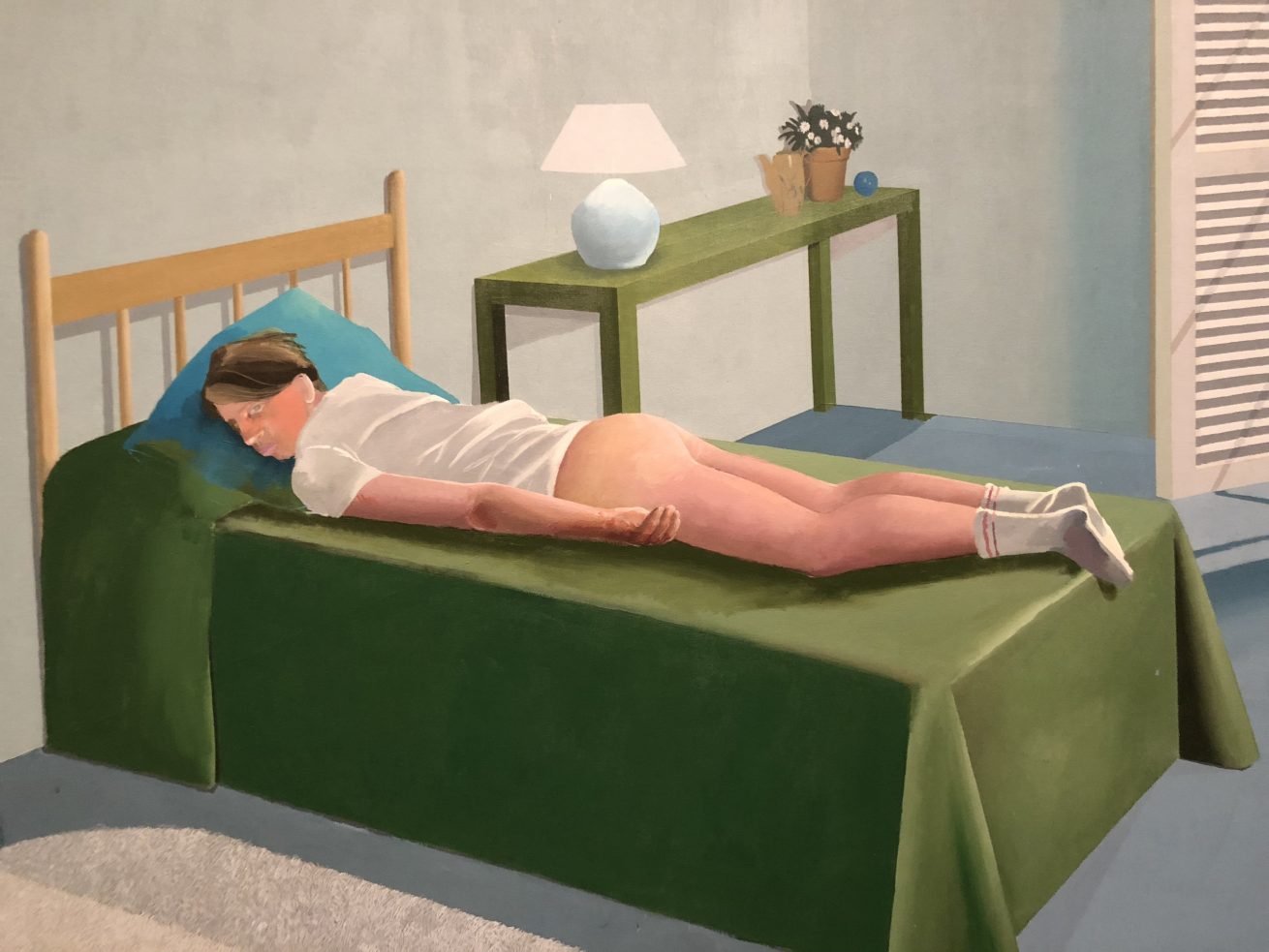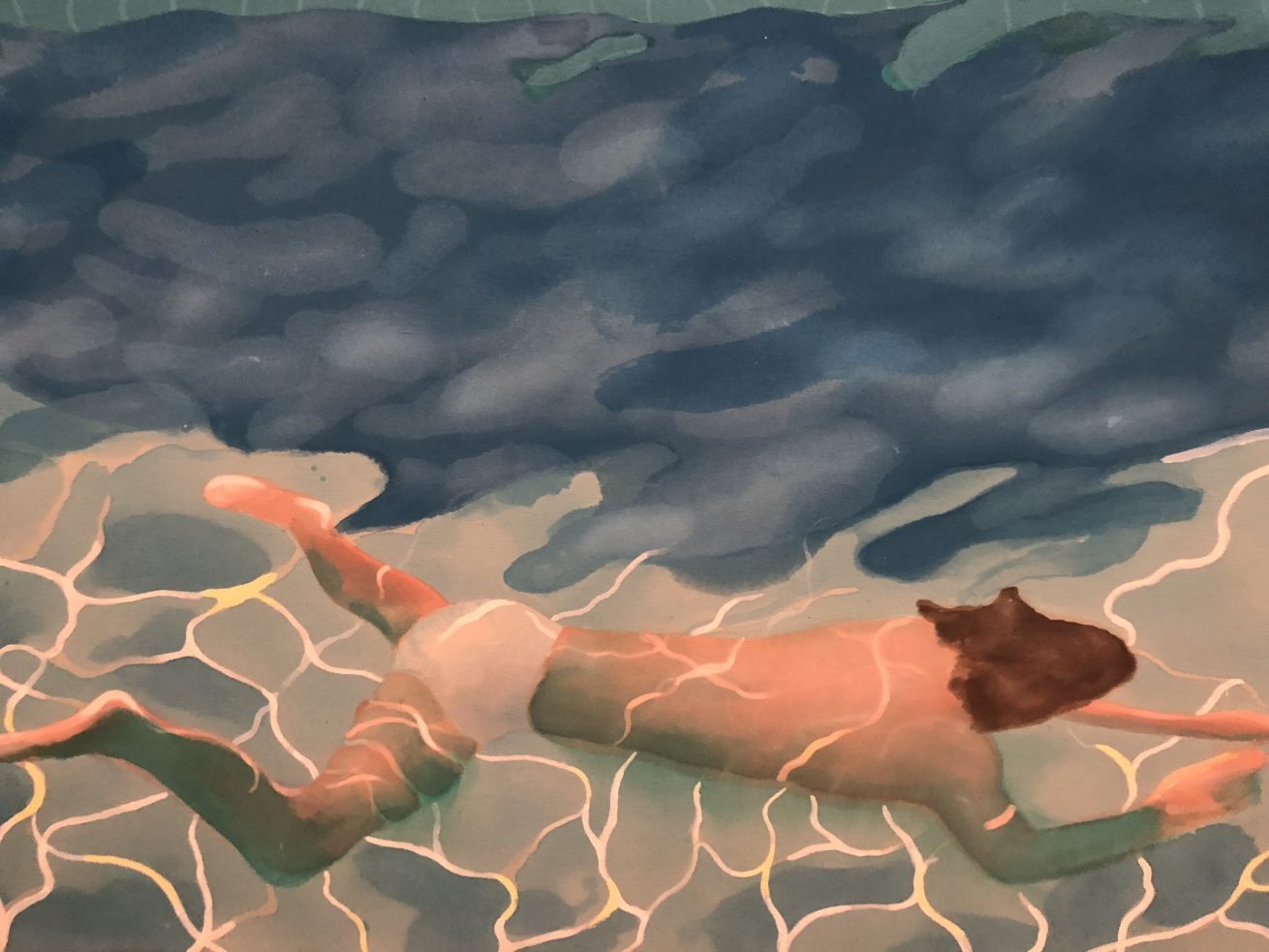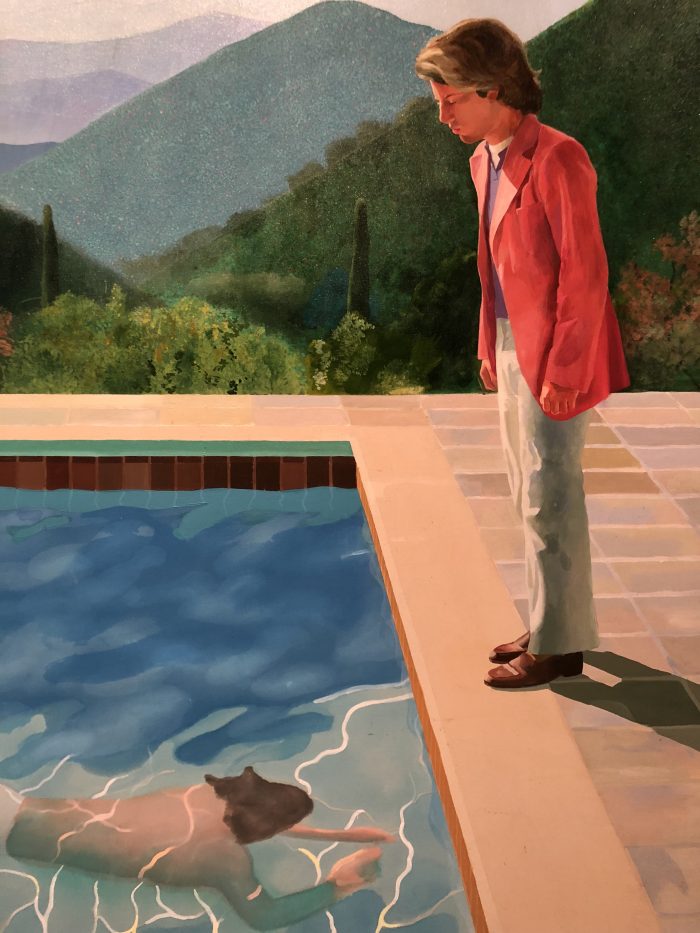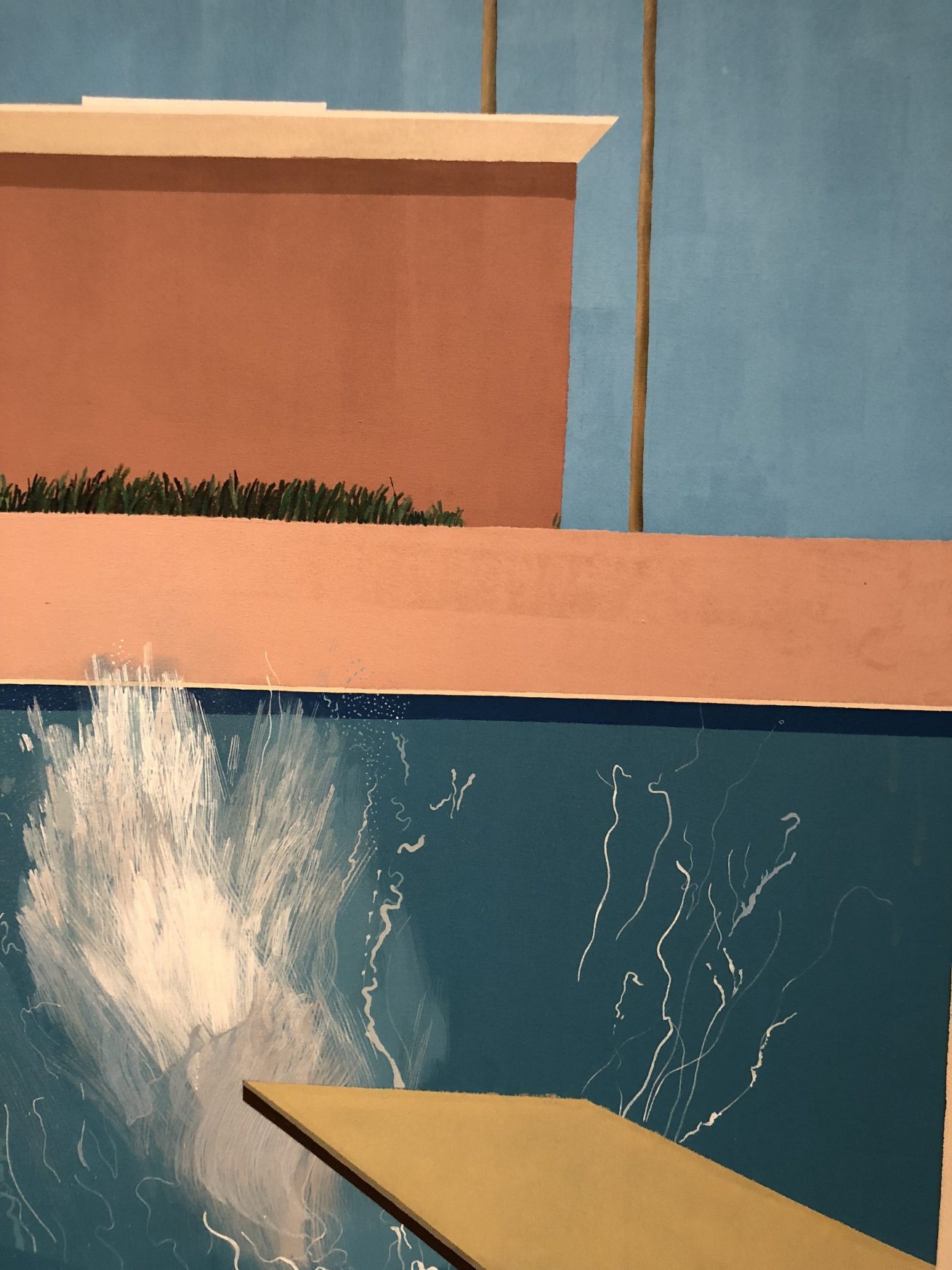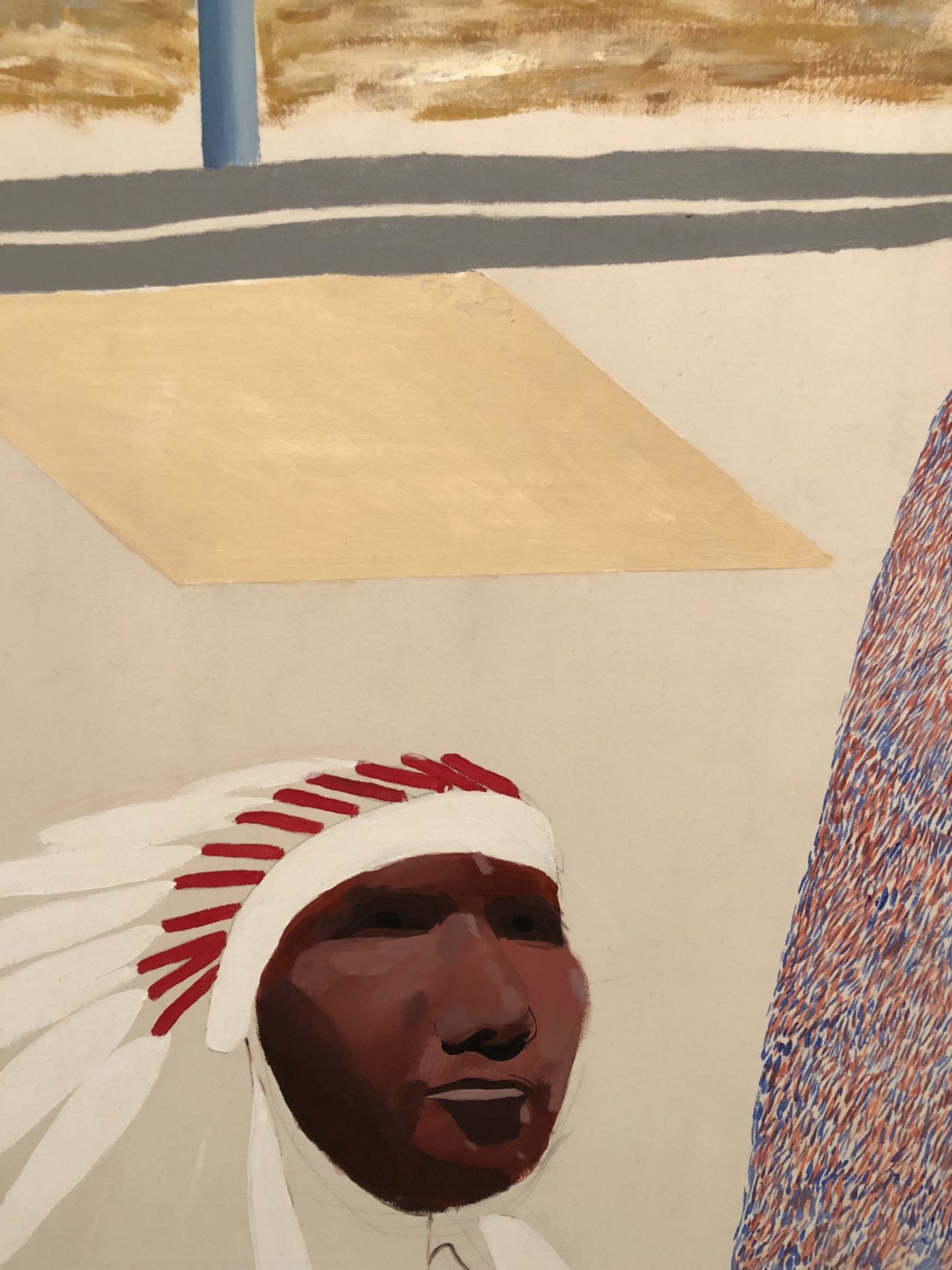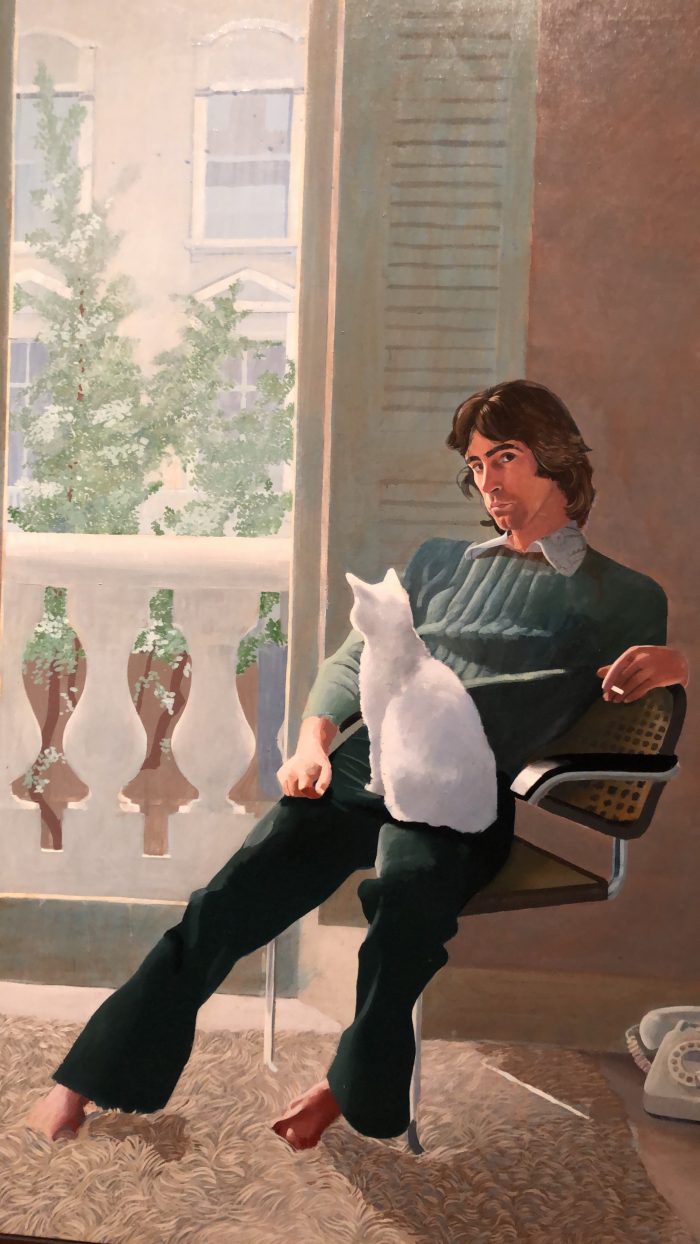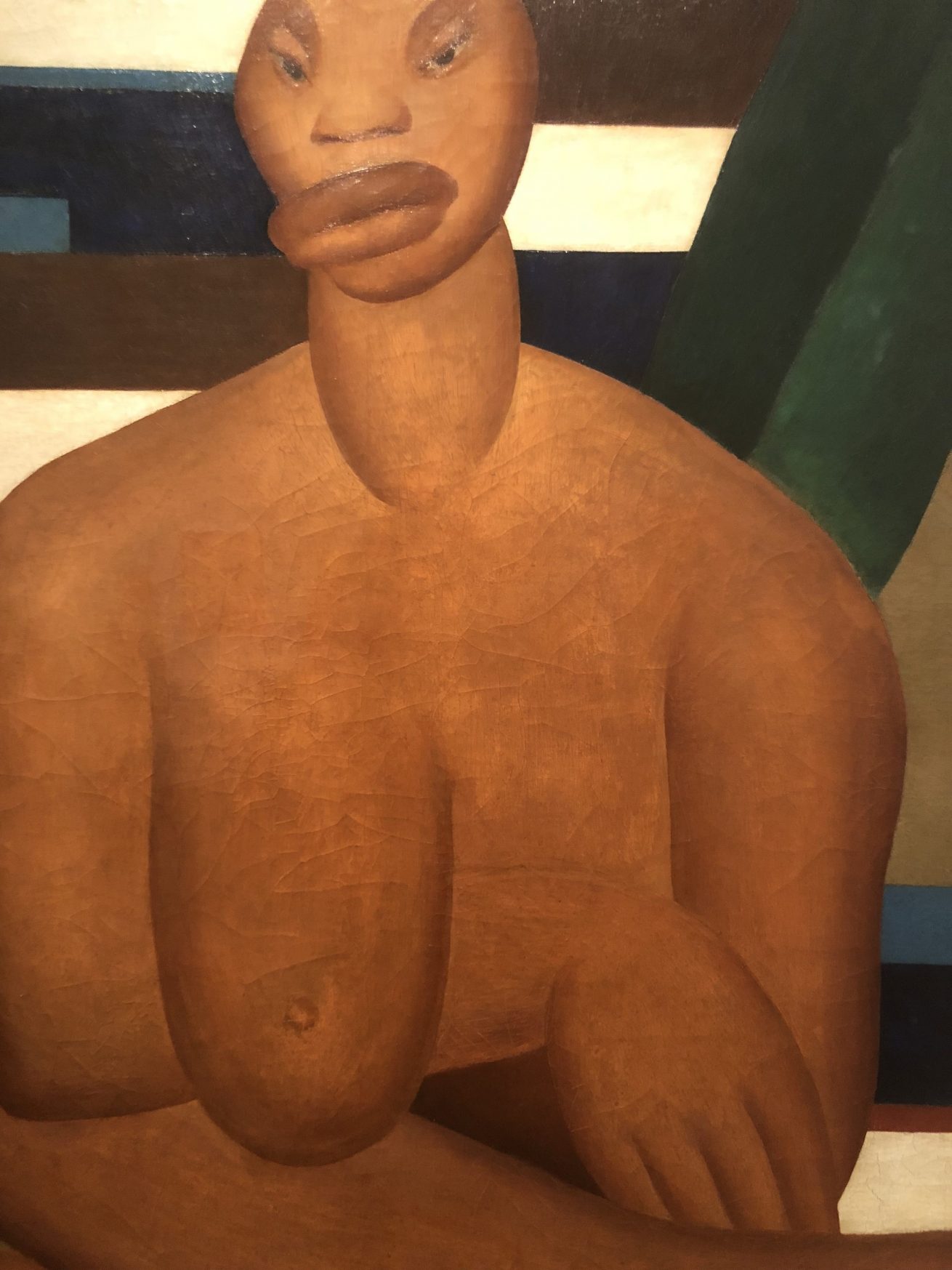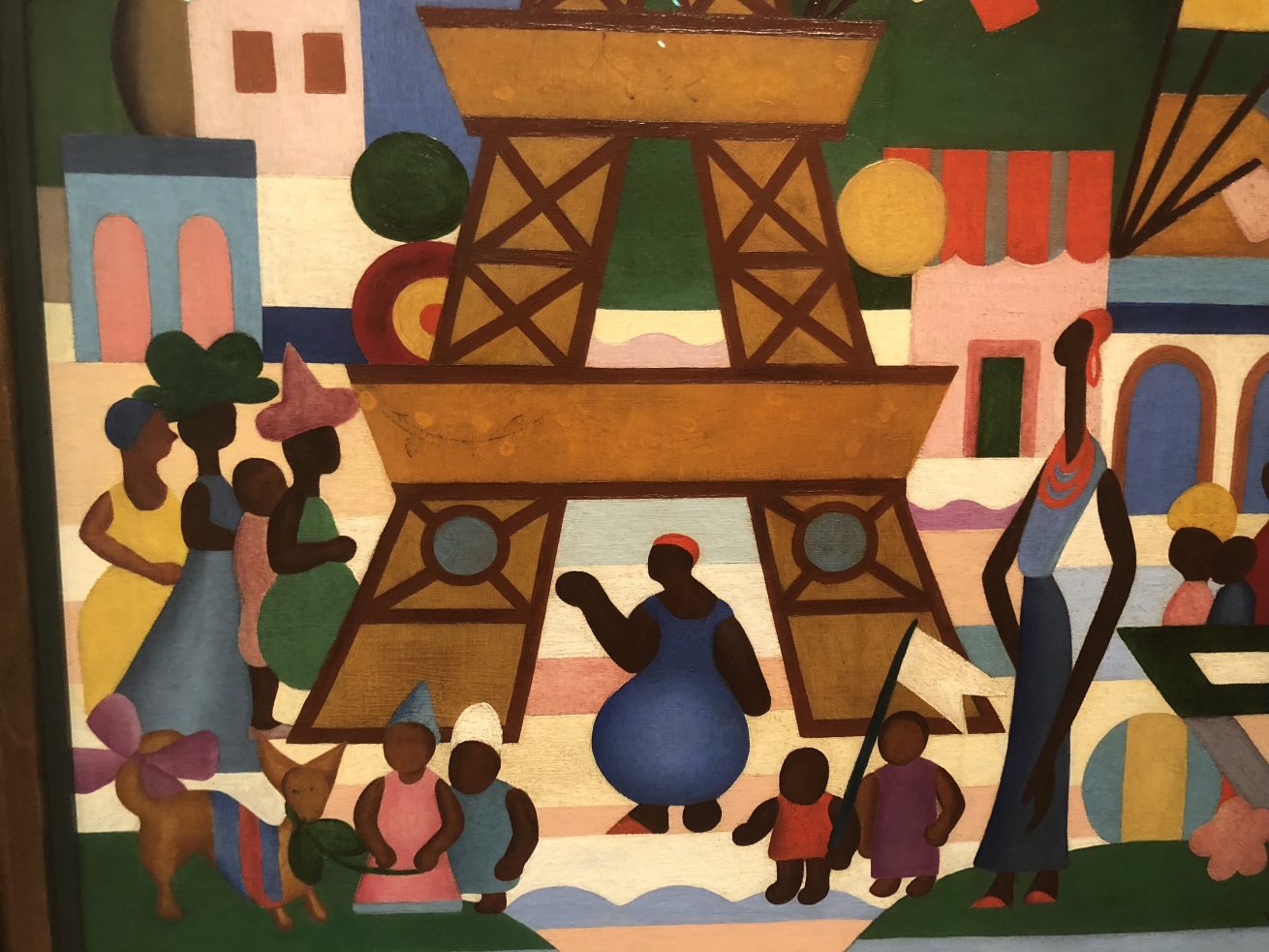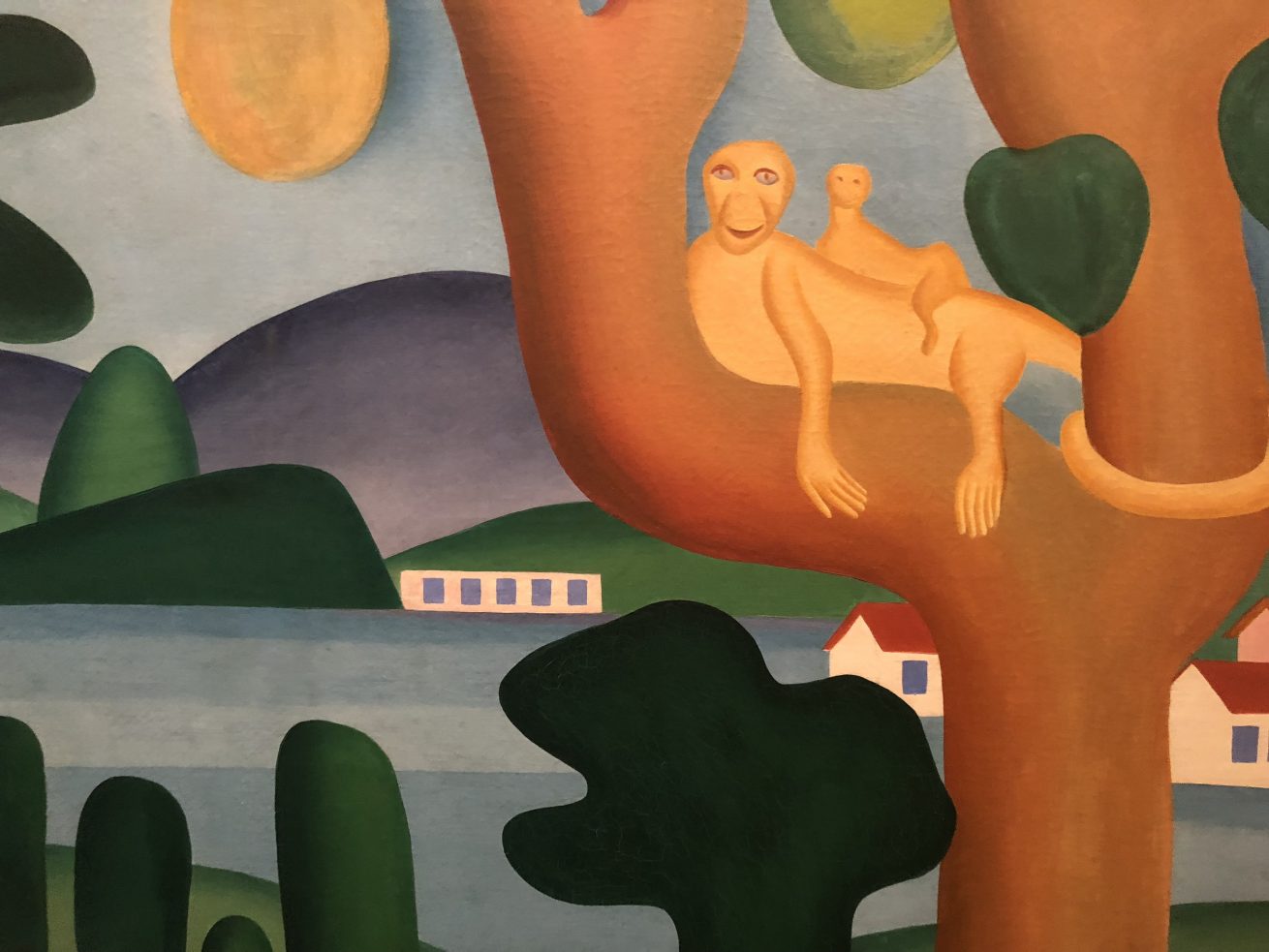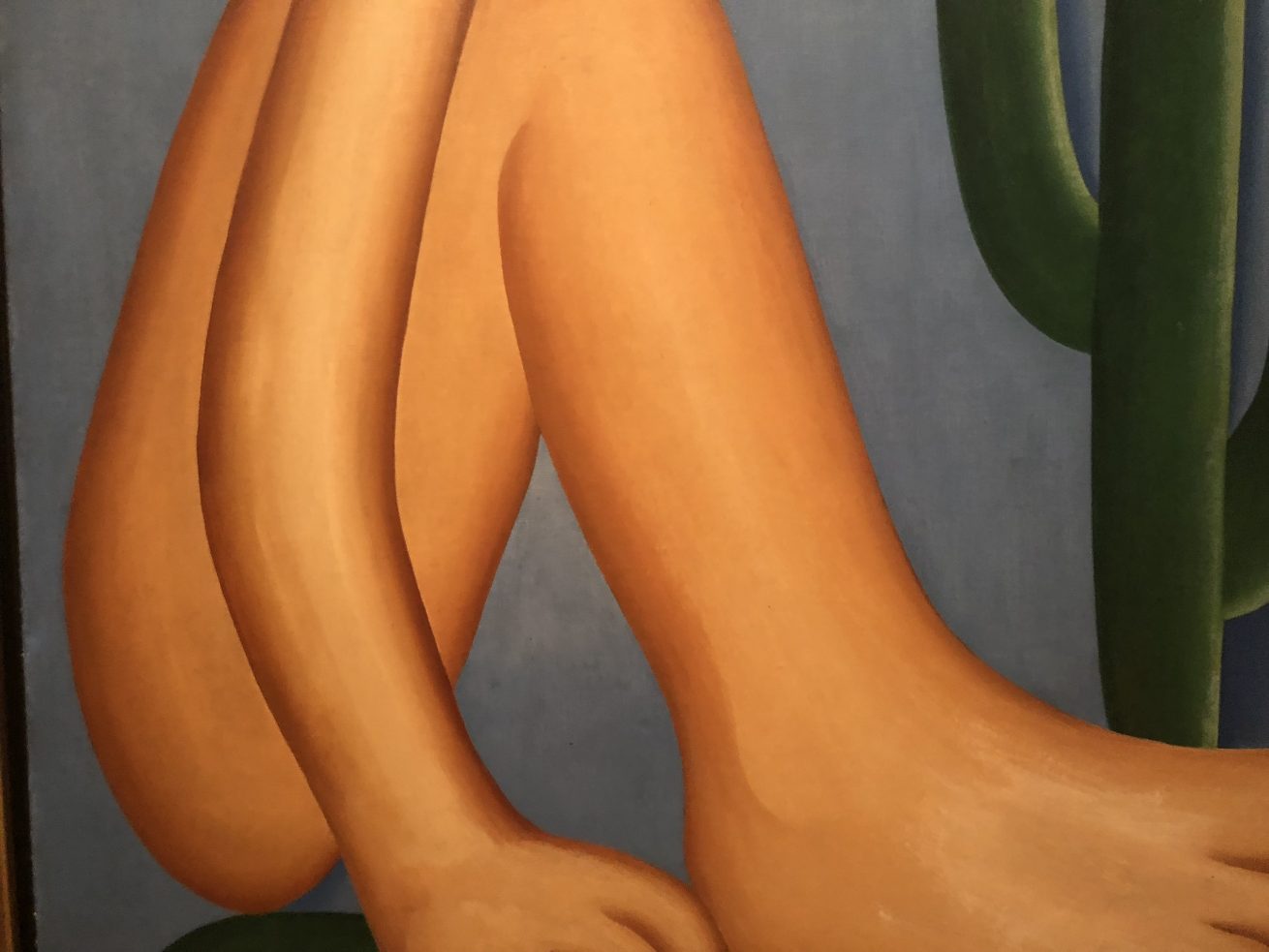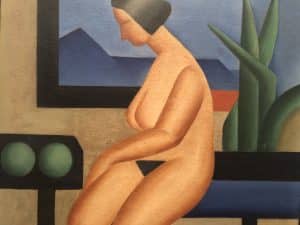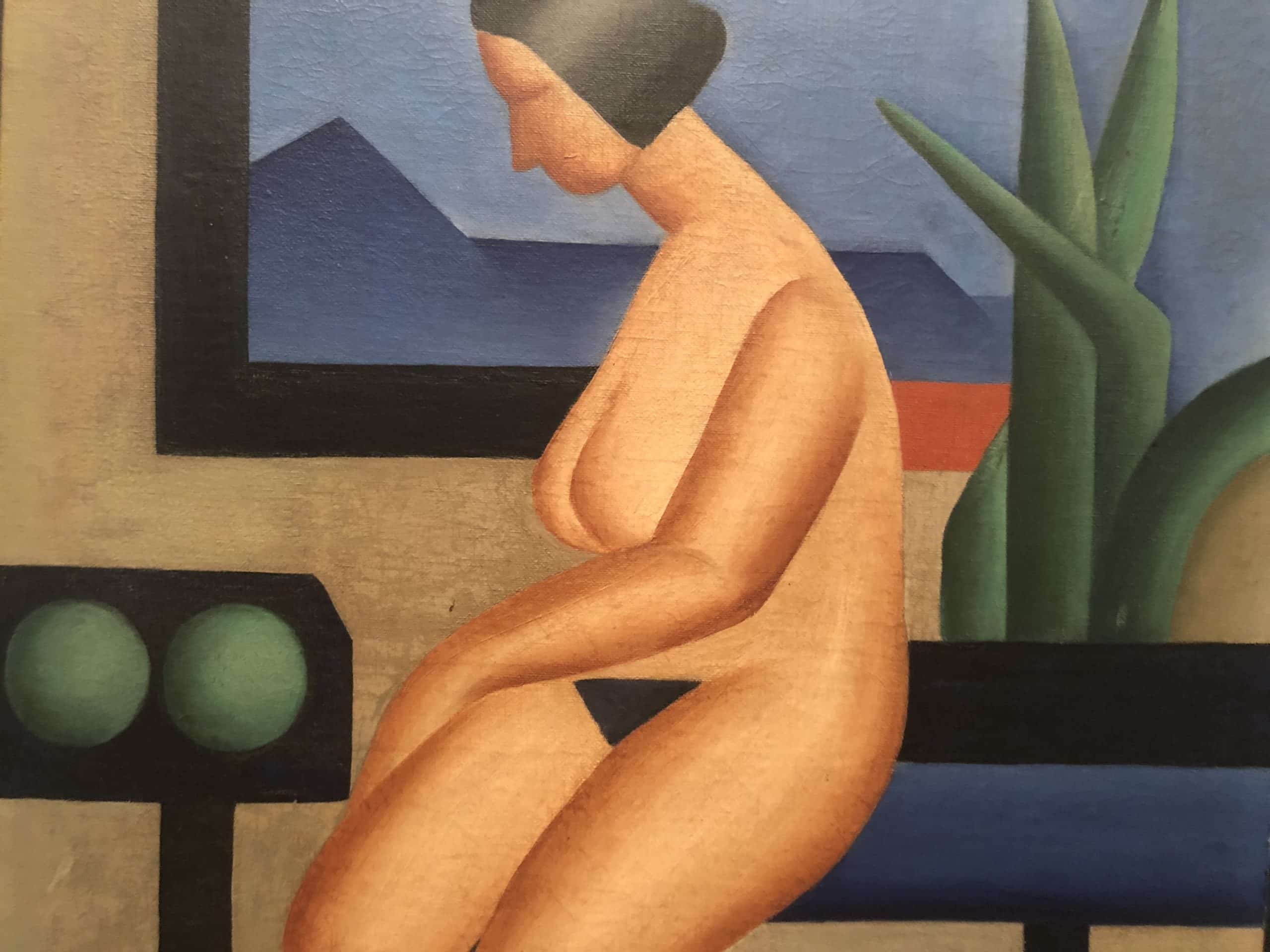
The colors and shapes of Tarsila and Hockney
When we think of the image of California Dreaming, which has inspired so many stories, lives, songs and desires, there is no one better than artist David Hockney to portray the true West Coast spirit in the most vivid colors, textures and shapes.
The artist's retrospective in exhibition at the MET, in New York, in celebration of his 80th birthday, takes us back to the 1960s, when Hockney moves from the Big Apple to Los Angeles and falls in love with the new American style, where modernist shapes give life to houses and the aqua shades play with the lights of the sky and the green of nature.
In parallel, at MoMa, for the first time, a retrospective of the Brazilian artist Tarsila do Amaral and her unique universe that formed the most iconic movement of Brazilian art in the twentieth century: anthropophagy. A short movement that emerged in the 1920s and ended alongside Tarsila’s romance with Oswald de Andrade. But that was rescued in the 70’s by the look of Caetano Veloso and the troupe of Tropicália, and that can still be found today in Carnival and in the typical style of Brazilians.
Both artists had the sensitivity to translate their ages and stories with an ability to capture the zeitgeist (German expression meaning “spirit of the age or spirit of the time”).
Whenever anyone wants to see modernist California or anthropophagic Brazil, both artists’ work speaks more than photographs and stories. It reflects time.
In the gallery, images of details of the works that show the colors and shapes that live in our imaginary and inspire the design and art these days:
